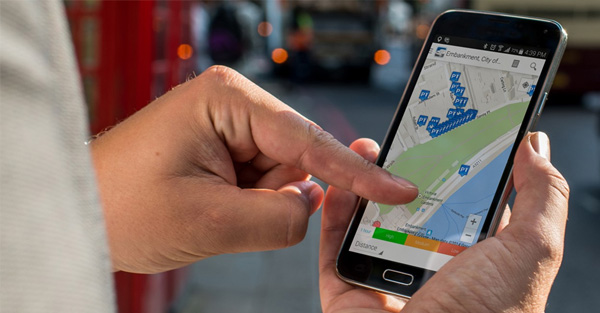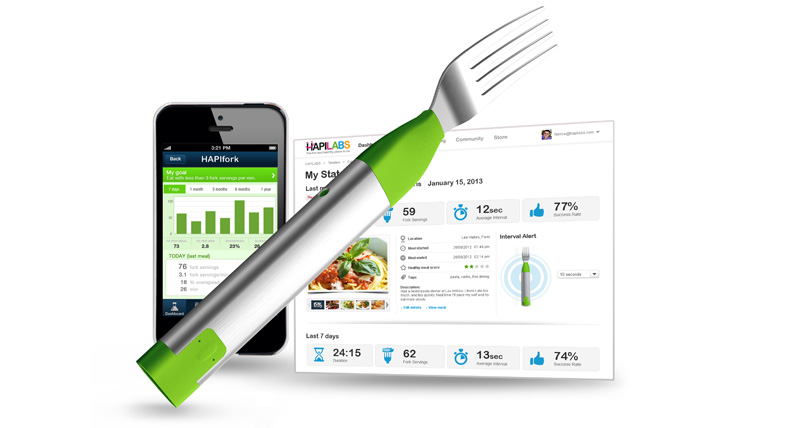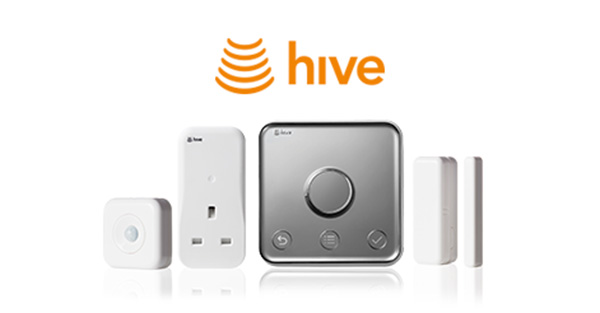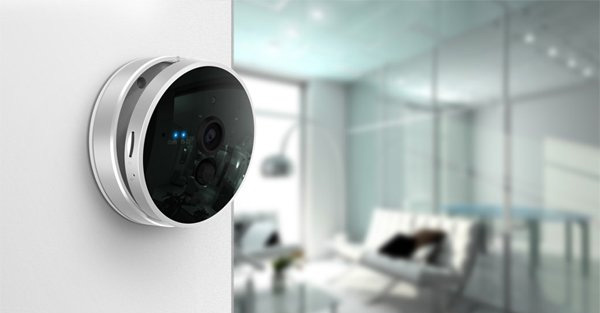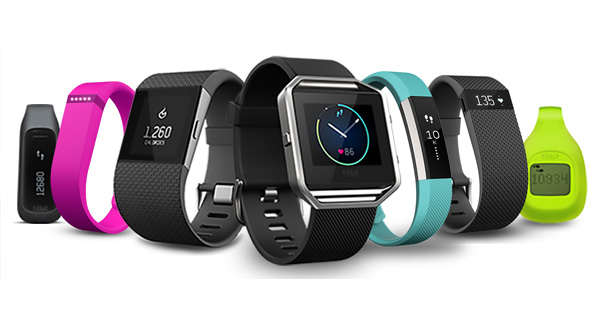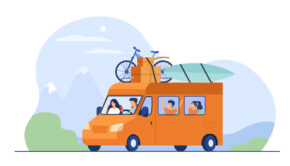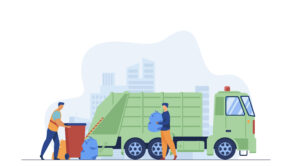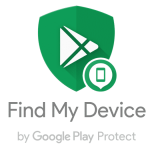Beyond Computing: The Internet of Things
What do you get when you take the internet one step further? When you look at using the latest technologies to connect all manner of devices – everyday items, vehicles, buildings etc – wirelessly over the internet, so they can interact with each other and, crucially, with us, the user?
The Internet of Things (IoT) is the current buzzword that focuses on introducing smart technologies to make life easier in our homes and communities, capturing and feeding back data, streamlining operations and saving resources. It’s been hailed as ‘the infrastructure of the information society’.
So, what ‘things’ are we actually talking about and how will our lives be affected, if they aren’t already? Let’s take a look at some areas where IoT technology is already making inroads.
In the kitchen
Connected appliances may well be what we all use in the future, but manufacturers such as Samsung, Electrolux, LG and Corian have made a start already. You can use your smartphone while you’re at work to turn on the oven back at home, adjust the temperature and even watch the food as it cooks.
WiFi connected fridge coolers, smartphone operated coffee makers, worktops that charge phones, smart cookers that can be mended with the help of remote diagnostics… it’s all here and available to buy right now. Maybe soon your fridge will be able to let you know if you’re out of milk or can tell you that your sausages are past their sell-by date?
Home heating and energy use
One of the first areas to benefit from IoT has been smart energy management. Several suppliers now offer smart thermostats, giving you the ability to adjust your central heating settings via a smartphone app. Check the temperature in your home and turn it down on a sunny day, or off when nobody’s home.
With the planned introduction of smart meters for gas and electricity, this technology is already destined to be rolled out much further.
Smart security
Internet security is nothing new, but how about smart home security? Do away with your front door keys and access your home at the push of an electronic fob or via your smartphone. Activate the door lock while you’re out and get a text message to confirm that your home is now secure.
After all, cars come with ‘keyless go’ features, so why not houses?
Cars and drones
Talking about cars, there’s been much media coverage recently about self-driving cars. Mercedes, BMW and Audi now all have driverless, remote controlled prototypes, so watch this space for future developments.
Drones, of course, are the latest thing, and while the technology is still in need of refinement, it is already clear that they can be used for so much more than just entertainment. Reconnaissance missions, Amazon deliveries, video footage from the air… the possibilities are truly staggering.
Health and fitness
Wearable fitness is a huge growth industry at the moment, with fitness wrist bands, smart watches, headbands and earphones that act as WiFi connected fitness trackers all experiencing a surge in popularity.
Healthcare is an area where data is crucial in providing more and better treatments and, ultimately, save lives. A wide range of connected health ideas are now being developed; these include a wearable device to detect abnormal heart rhythms, a gadget to monitor the daily activities of the very old or the seriously ill to check for anomalies, and even a smart band for Parkinson’s sufferers which collect data on their tremors.
Community infrastructure
From connected traffic lights that adjust themselves depending on the level of traffic, to parking systems with an app that helps you find a parking space, or smart bins that signal when they need emptying, our towns, cities and environments all around us are set to become smarter in the future.
Article credits: Written by Mike James, an independent writer in the technology industry. For some of the information in this post, Outram Research were consulted.

